Over the years, tensions have increased between the United States and China over a variety of issues, including trade, tariffs, technological competition, and allegations of espionage. Most recently, Beijing has ordered officials at central government agencies to not use Apple’s iPhones and other foreign-branded devices for work or bring them into the office, according to the Wall Street Journal on Wednesday. This ban, in Apple’s biggest markets, comes ahead of a mega event next week that analysts believe will be about launching a new line of iPhones and could trigger concern among foreign companies operating in the country. Also read: Ready For the World: Apple’s factory has started shipping iPhone 15 Ultras from factories in China The reason for the ban Amid escalating geopolitical tensions with the US, Chinese ministries have asked staff against using the California-designed iPhone at the office due to national security dangers. The orders, according to South China Morning Post, were given in August to officials at ministries focusing on commerce, investment, and international affairs, the Chinese outlet cited five different sources as saying. [caption id=“attachment_13086212” align=“alignnone” width=“640”] A man holds an iPhone 14 as Apple Inc’s new models go on sale at an Apple store in Beijing, China. Reuters[/caption] According to its sources, it is believed that the measures were intended to reduce any potential threats to national security posed by American-made telecommunications equipment. For some government entities, it’s thought that a similar ban has been in effect for years; nevertheless, the most recent directive has expanded that ban. Notably, China is one of Apple’s biggest markets and generates nearly one-fifth of its revenue. According to the report, employees in those ministries have till the end of this month to change their work phones to another brand. Not all ministries had phone usage limitations in place. According to the WSJ, the restriction solely affects iPhones and does not apply to any other foreign-branded cell phones. The latest restriction by China mirrors similar bans taken in the United States against Chinese smartphone maker Huawei Technologies (HWT.UL) and short video platform TikTok, owned by China’s ByteDance. Also read: Big Beijing Steps In: How Chinese brands are replacing iPhones and Audis in Russia’s sanction-hit economy Not the first time Beijing has previously imposed limitations on the use of foreign technology due to national security worries and suspicion. Despite Tesla’s repeated denials that its cars are used for espionage, Beijing prohibited the US electric automaker from visiting military installations and government buildings two years ago, citing spying concerns. Tesla is still banned, according to SCMP. China’s concerns over national security China has been attempting to lessen its reliance on foreign technologies for more than ten years, urging state-affiliated businesses like banks to switch to indigenous software and encouraging domestic chip manufacturing. The report suggests Beijing stepped up this drive in 2020 as its concern over data security increased. Its officials then advocated a growth model known as “dual circulation” to lessen reliance on foreign markets and technologies. China raised the stakes in the race to achieve technological self-reliance in May amid tensions with the United States by urging large state-owned companies (SOEs) to play a crucial role in it. The Xi Jinping-led nation has also beefed up legislative structures to support national security, including efforts to create rules to guarantee that data gathered in China stays on Chinese soil. A new anti-espionage law in China went into force in July, outlawing unauthorised cyberattacks against the government to obtain data and information “related to national security and interests.” In order to keep access to China’s sizable consumer market, foreign businesses were forced to comply with China’s 2017 Cybersecurity Law, which mandates that they store customers’ data within the country. Since 2018, an Apple data centre in the Guizhou region of China’s southwest has housed the data of Chinese consumers. Chen Yixin, China’s state security minister, urged for greater steps to “proactively defend” against spies in July, citing concerns about an unstable global environment, in order to improve national security and the party’s leadership. Also read: Taking a Big Bite: Why Apple's first store in India is a big deal Tensions between the US and China According to Reuters, the tensions between the two largest economies in the world have been high as the Joe Biden administration works with allies to block China’s access to vital equipment needed to keep its chip industry competitive. Beijing restricts shipments from prominent US firms including planemaker Boeing (BA.N) and chip company Micron Technology (MU.O). During a visit to China last week, US Commerce Secretary Gina Raimondo said US companies had complained to her that China had become “uninvestible,” pointing to fines, raids and other actions that have made it risky to do business. With inputs from agencies
Amid escalating geopolitical tensions with the US, Chinese ministries have asked staff not to use the California-designed iPhone at the office due to national security dangers. The orders were given in August to officials at ministries focusing on commerce, investment, and international affairs
Advertisement
Follow Firstpost on Google. Get insightful explainers, sharp opinions, and in-depth latest news on everything from geopolitics and diplomacy to World News. Stay informed with the latest perspectives only on Firstpost.
End of Article


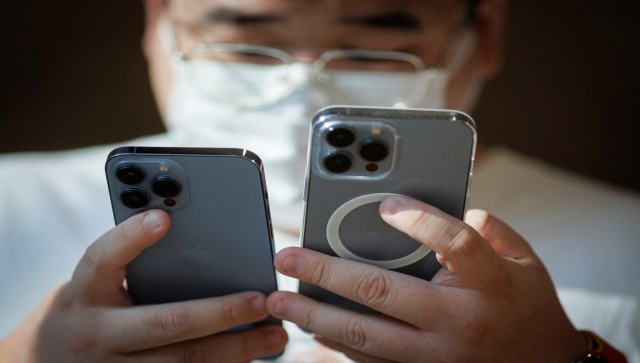)

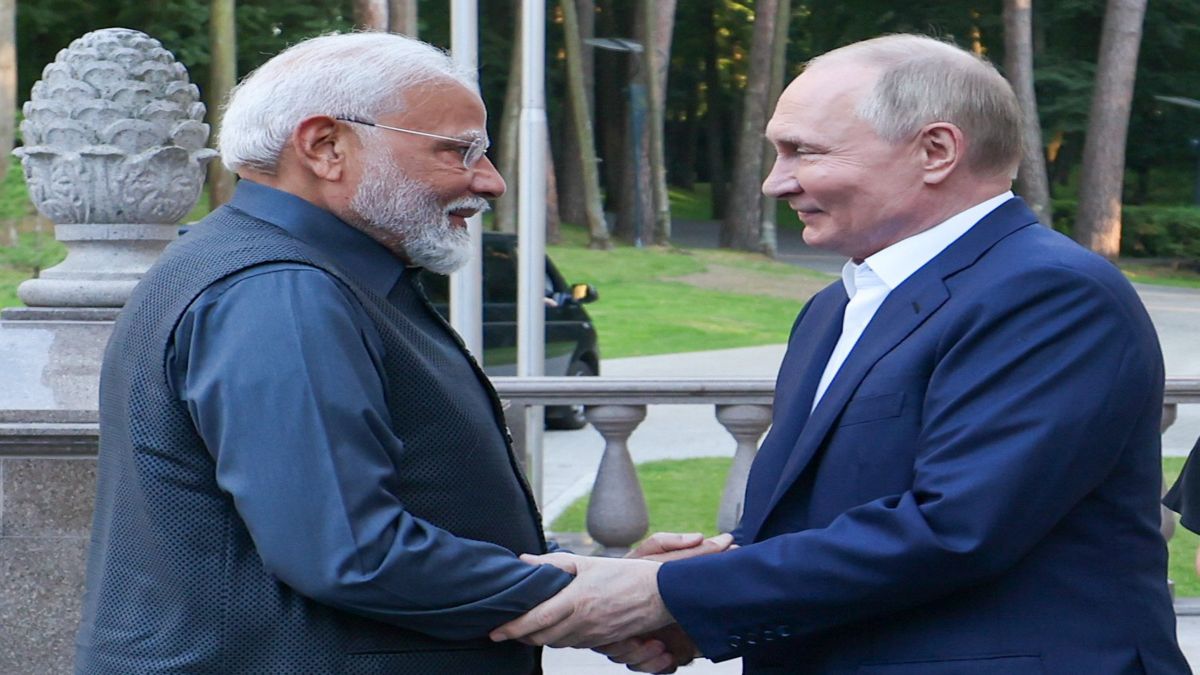)
)
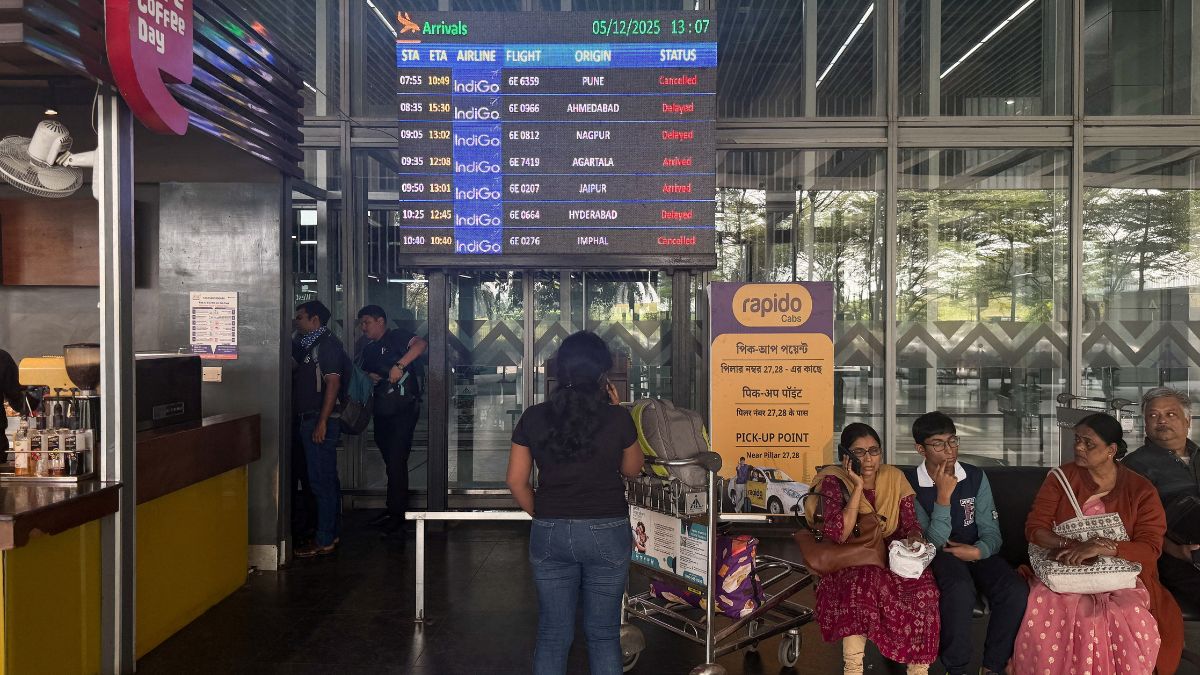)
)
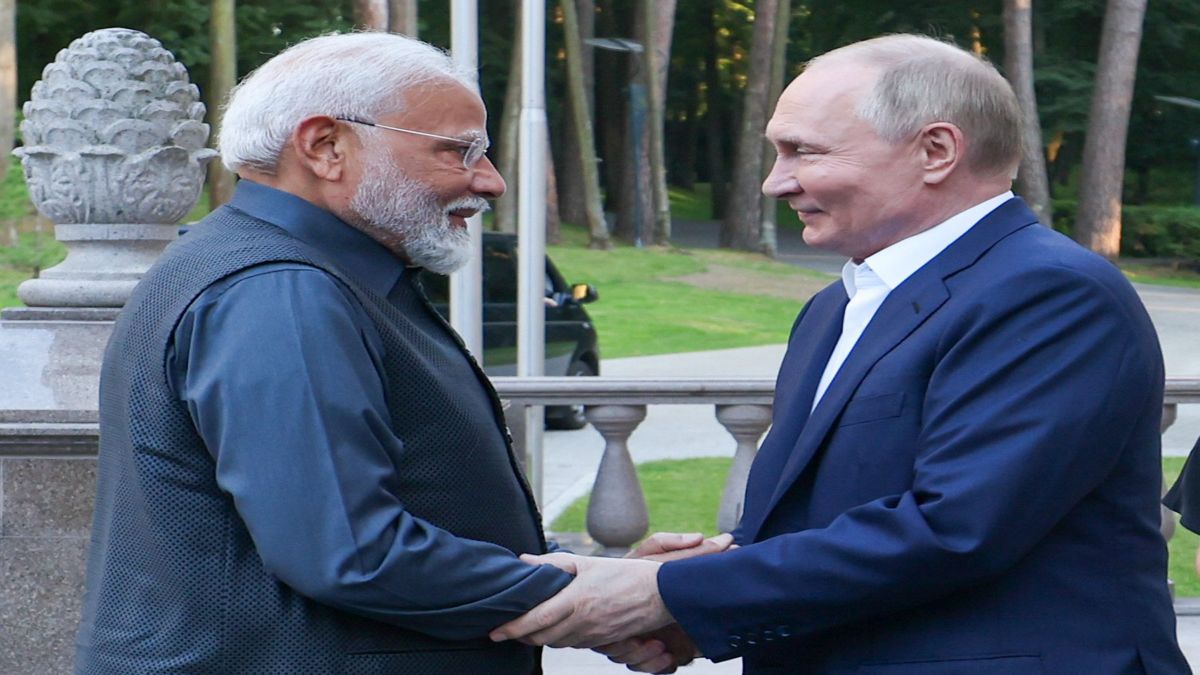)
)
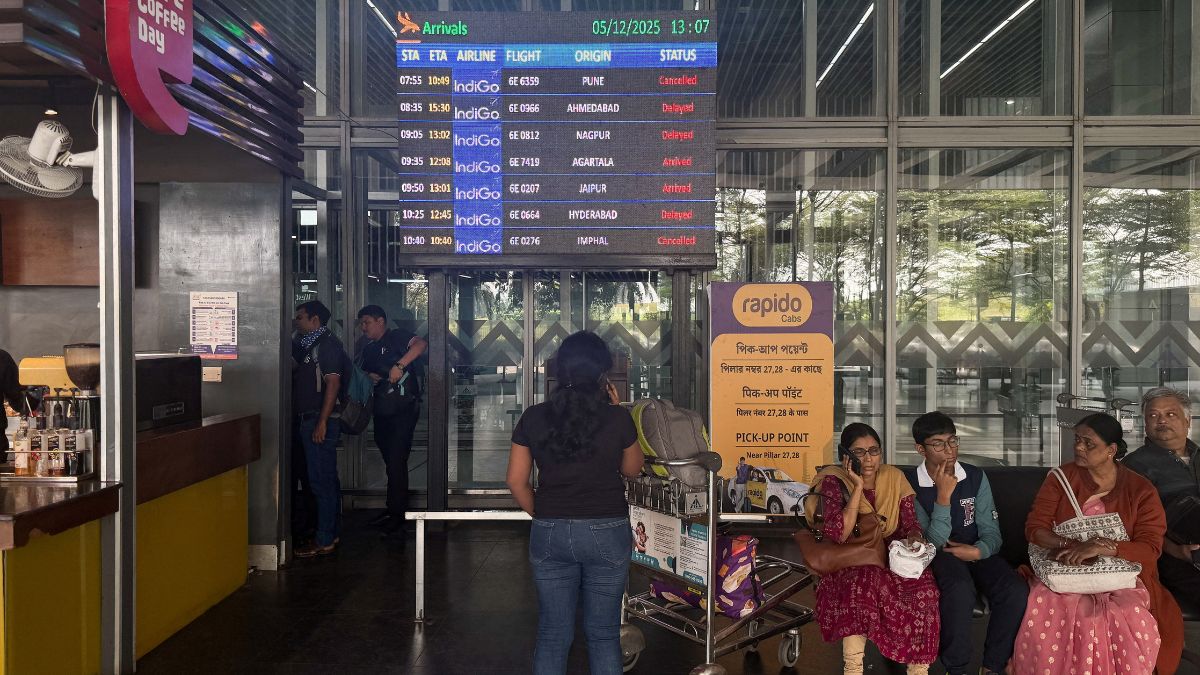)
)



